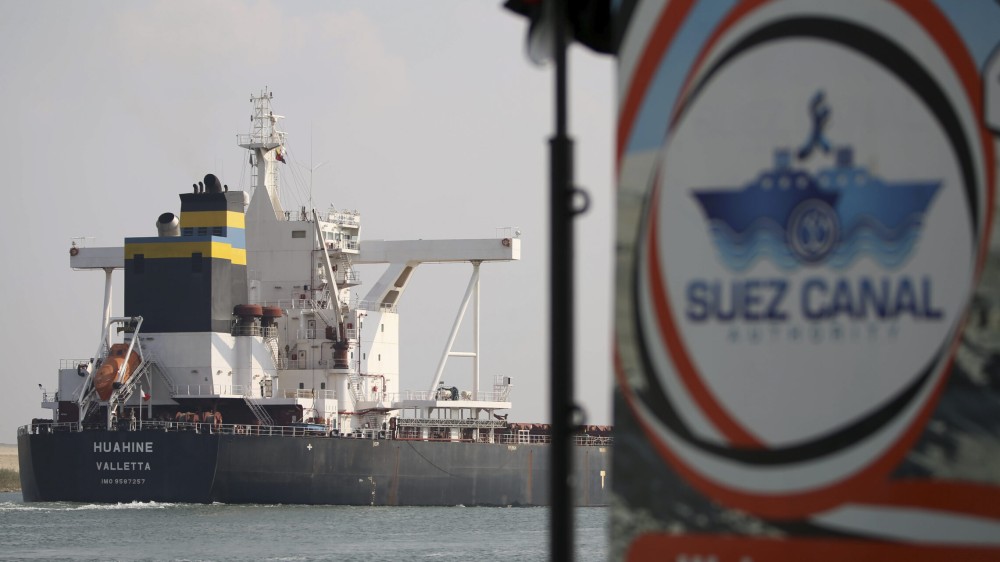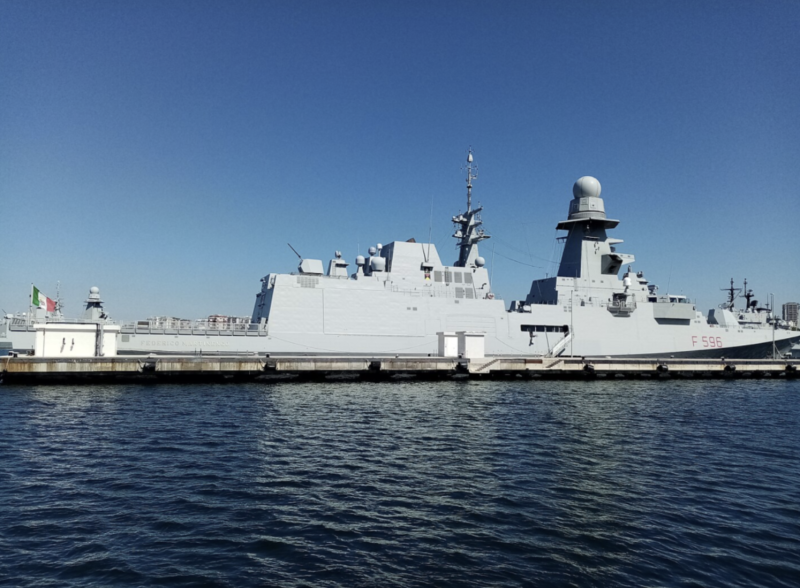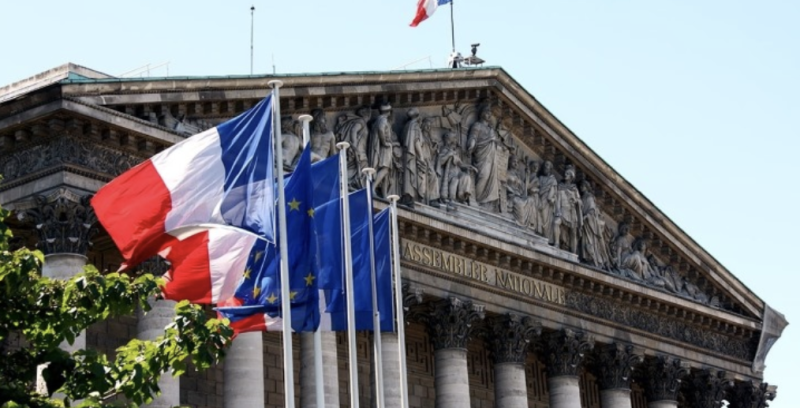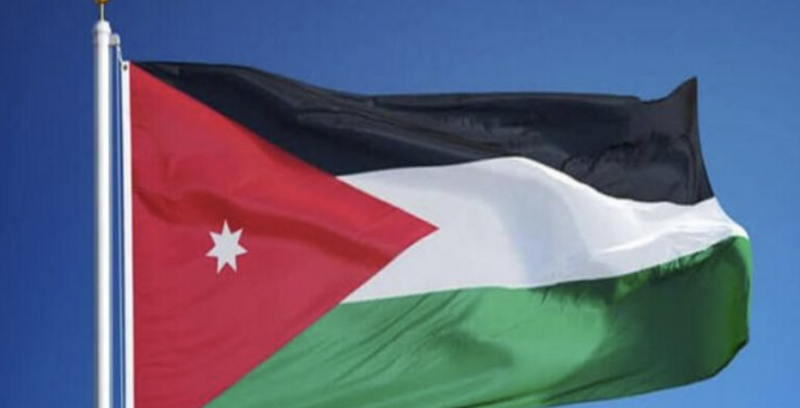Securing the Red Sea: A Global Response


The Houthis’ reckless and indiscriminate attacks on international shipping in the Red Sea and Gulf of Aden are creating even worse food shortages in Yemen, Ethiopia, and Sudan, affecting the most vulnerable people.
This is because the Red Sea and Gulf of Aden are a high-traffic global shipping route used to deliver food, fuel, humanitarian assistance, and other essential commodities to destinations all over the world, including Yemen.
The Red Sea’s Strategic Significance
The Red Sea holds immense strategic importance, serving as a vital maritime route for global trade. Fifteen percent of international commerce and 30 percent of global container traffic flows through the Red Sea.
Impacts on Yemen and Beyond
The Houthis’ attacks, enabled by Iran, are not limited to U.S. or Israeli ships. Houthi rebels have struck ships and crews with ties to more than 50 different countries, resulting in enormous impacts on international shipping.
The situation not only affects Yemen but also reverberates across the globe, affecting food, medicine, and fuel supplies for millions, including those in the Middle East, East Africa, and even the United States.
Shipping companies are changing routes to avoid the Red Sea, requiring boats to travel around the Cape of Good Hope. This often adds about 10 days to journey times and requires more fuel and crew-time, significantly raising shipping costs, which are then passed on to the customers and aid-providing organizations.
Response from the International Community
The Houthis’ reckless assaults on commercial vessels in the Red Sea and the Gulf of Aden are clear violations of international law. In response, the United States and the international community have taken action to counter these attacks and protect the lives of innocent mariners.
In December, the United States launched Operation Prosperity Guardian, a coalition of more than 20 nations committed to defending international shipping and deterring Houthi attacks in the Red Sea.
In January, together with 13 allies and partners, the U.S. issued an unequivocal warning that Houthi rebels would face consequences if their attacks did not cease. Additionally, the UN Security Council passed a resolution demanding the Houthis end attacks on merchant and commercial vessels.
Disrupting Houthi Activities
To disrupt the flow of funds to the Houthis for their terrorist activities and to limit their access to financial networks, the United States has designated them as a Specially Designated Global Terrorist.
This is a significant step to prevent financial support from reaching the Houthis and to ensure they are held accountable for their actions. If the Houthis stop their attacks in the Red Sea and Gulf of Aden, the United States will review this designation.
The United States has also sanctioned entities that are enabling Iran’s financial assistance to the Houthis’ destabilizing activities.
Condemning Houthi Actions
These aggressive actions not only endanger innocent lives but also disrupt the free flow of global commerce — including in nations that are already experiencing challenges — exacerbating already dire humanitarian crises across the region.
The United States remains committed to combating Iranian support to the Houthis and calls for international unity against their destabilizing activities.

Red Sea — The European naval mission tasked with safeguarding international shipping lanes announced that an Italian frigate operating under…

Paris – The French Ministry of Foreign Affairs issued a statement expressing deep concern over the situation in Yemen, while reaffirming its…

Amman – Jordan’s Ministry of Foreign Affairs and Expatriates issued a statement on Wednesday underscoring the Kingdom’s close mon…